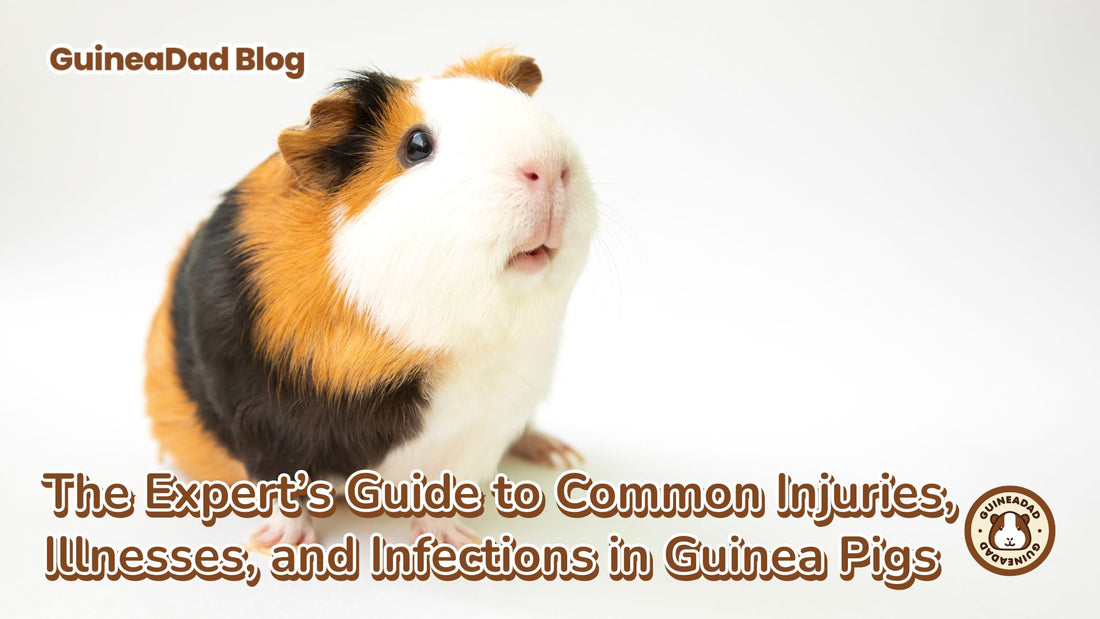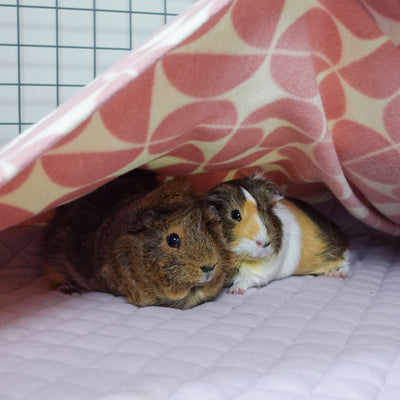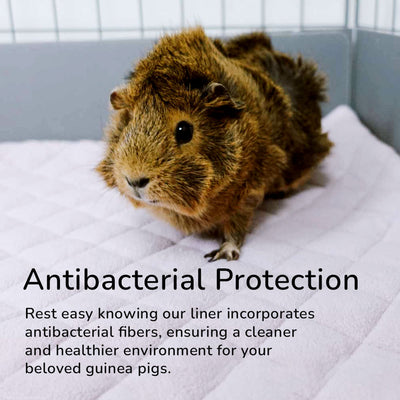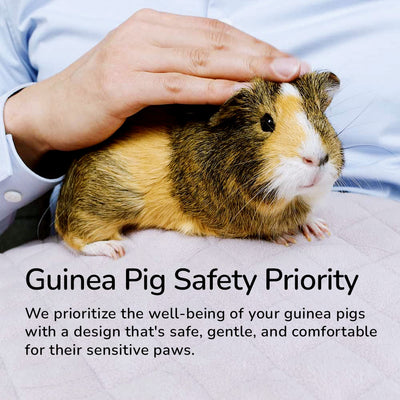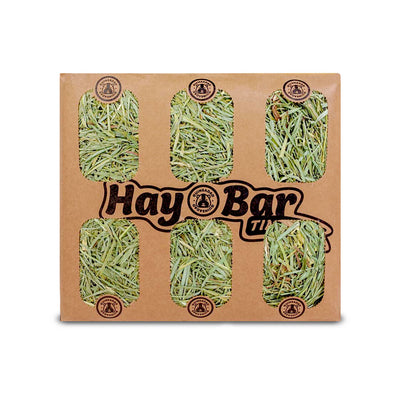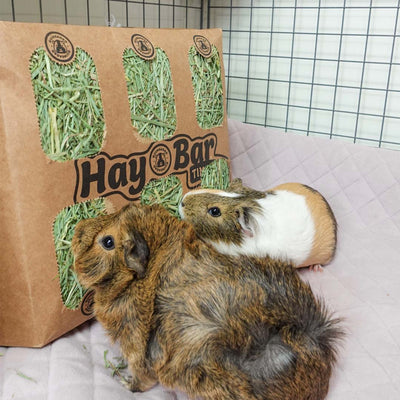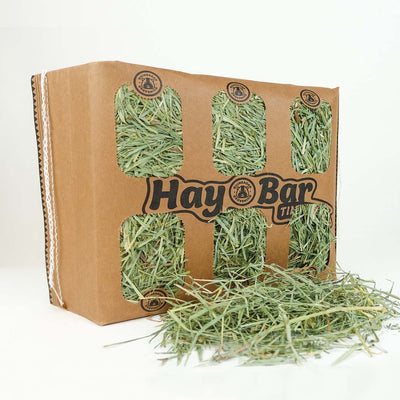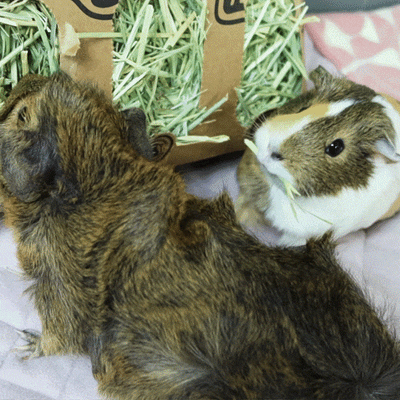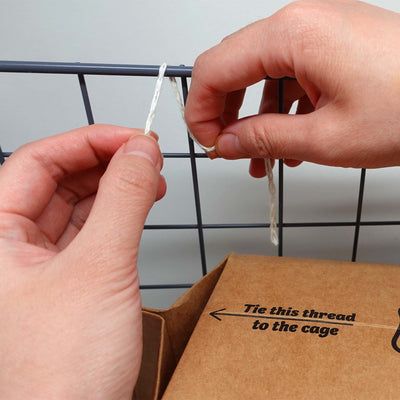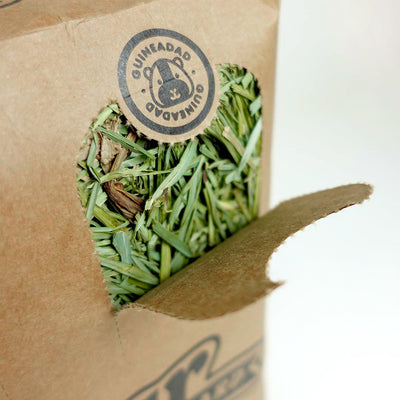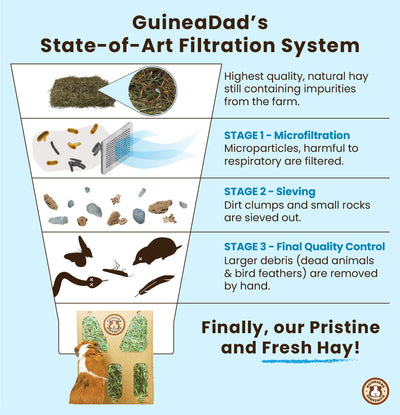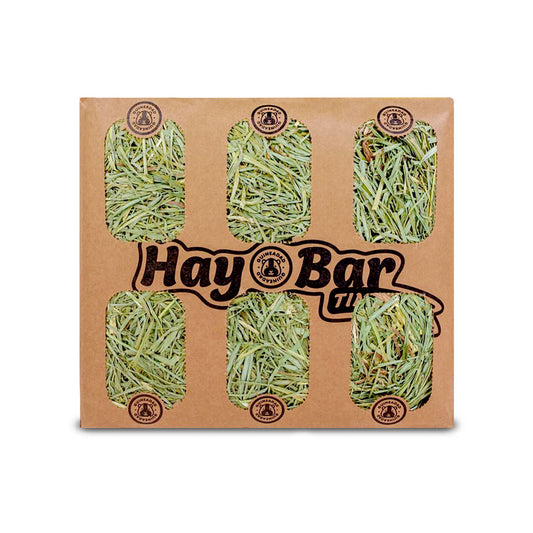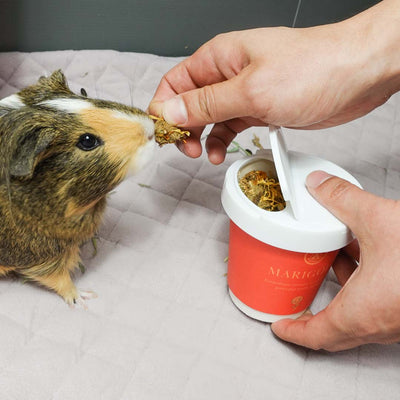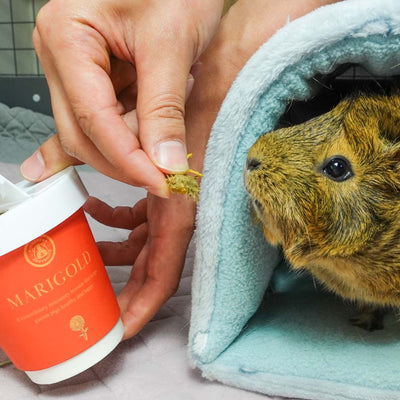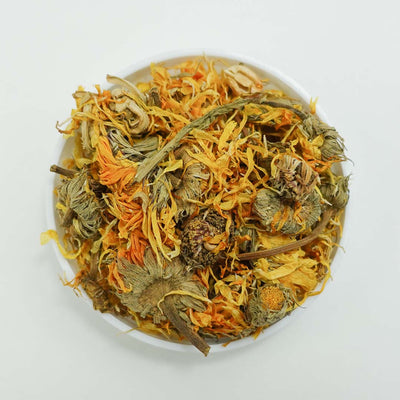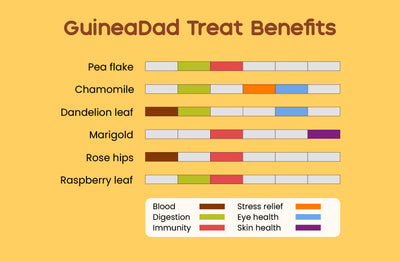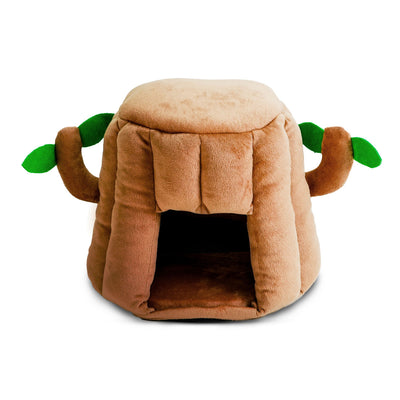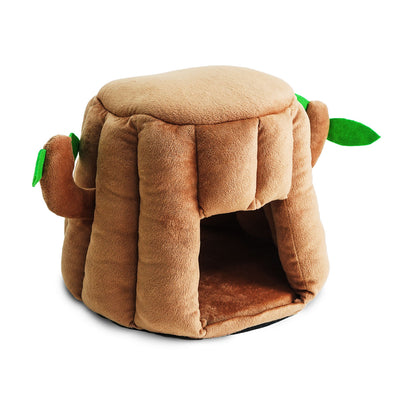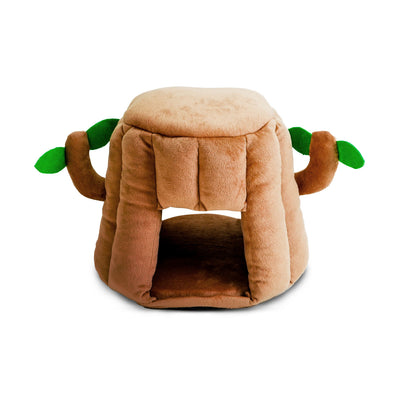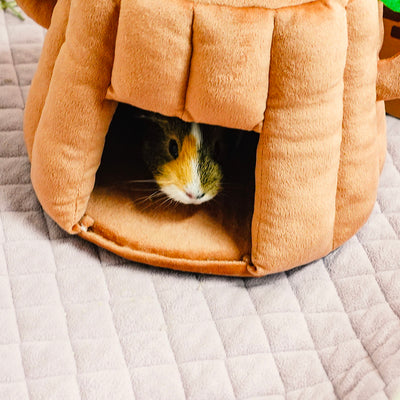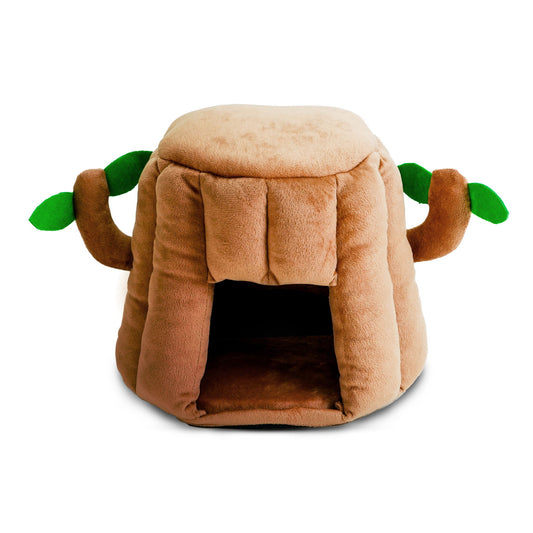The health and well-being of our pets is a priority to all of us. In an attempt to ensure that all guinea pigs live their lives to the fullest, we've compiled a list of some of the most common, and most preventable injuries, illnesses, and infections that threaten our beloved guinea pigs.
With enough care and attention placed on prevention and speedy treatments, we can all help our guinea pigs stay happy and healthy.
Some of the most common injuries and health problems seen in guinea pigs include:
Respiratory Infections : Guinea pigs are prone to respiratory issues, often caused by drafts, inadequate cage ventilation, or exposure to other sick animals. Symptoms include sneezing, coughing, nasal discharge, and labored breathing.
Skin Problems: Skin issues can can indicate a number of different issues for guinea pigs, like stress, malnutrition, or allergic responses, as well as signs of bacterial infections, fungal infections (ringworm), or signs of other parasites like mites, fleas, and lice. Symptoms of skin problems may include hair loss, itching, scabs, or redness.
Dental Problems: Guinea pigs have continuously growing teeth, and if they do not wear them down properly through chewing hay and other fibrous foods, they can develop dental problems like overgrown teeth or malocclusion (misalignment of the teeth).
Eye Infections: Eye infections, often due to debris or bedding getting into the eye, can cause discharge, redness, and squinting.
Digestive Issues: Guinea pigs can suffer from digestive problems like diarrhea, constipation, or bloat. These issues can be caused by an inappropriate diet or other health factors.
Injuries from Falls: Guinea pigs can be curious and sometimes climb or jump off objects in their enclosure, leading to injuries. It's important to provide a safe environment to minimize these risks.
Heatstroke: Guinea pigs are sensitive to high temperatures and can suffer from heatstroke if kept in hot conditions without access to shade and cool water.
Trauma: Accidental injuries, such as being dropped or stepped on, can lead to fractures or other physical trauma.
Urinary Tract Infections (UTIs): UTIs can occur in guinea pigs and may lead to symptoms like frequent urination, straining to urinate, or blood in the urine.
Obesity: Obesity can lead to various health issues in guinea pigs, including joint problems and heart disease. Fortunately, with proper diet and exercise, this condition should be avoidable or reversible in most pets.
Parasitic Infections: Internal parasites like worms can affect guinea pigs, leading to weight loss, diarrhea, and other symptoms.
Reproductive Issues: Female guinea pigs can suffer from complications during pregnancy and birth, such as dystocia (difficulty giving birth).
Cuts and Abrasions: Minor injuries like cuts and abrasions can occur from sharp objects or rough handling.
Preventing injuries and health problems in guinea pigs involves providing them with a clean and safe living environment, a balanced diet, regular veterinary care, and proper handling. If you suspect your guinea pig is injured or unwell, it's crucial to consult a veterinarian experienced in treating small animals like guinea pigs for proper diagnosis and treatment. Early intervention can often lead to better outcomes for your pet.
Respiratory Infections
Reducing the risk of respiratory infections in guinea pigs is essential for maintaining their health and well-being. One key preventive measure is to ensure they are housed in a clean and well-ventilated environment. Guinea pigs are highly sensitive to drafts, so it's crucial to provide proper cage insulation and avoid exposing them to cold, damp conditions. Additionally, maintaining good hygiene by regularly cleaning and changing bedding materials, such as hay or wood shavings, can help reduce allergens and irritants that can trigger respiratory issues. Avoid smoking near guinea pig enclosures, as secondhand smoke can be harmful to them. Ensuring a balanced diet rich in vitamin C is also important, as this vitamin supports their immune system. Regular veterinary check-ups are vital for early detection of any respiratory problems, and prompt treatment can make a significant difference in the outcome.
By following these guidelines, guinea pig owners can significantly decrease the risk of respiratory infections and promote a healthier life for their furry companions.
Skin Problems
Reducing the risk of skin issues in guinea pigs, including skin disease, infections, rashes, abrasions, contusions, and irritation due to allergic responses in guinea pigs is essential for their comfort and overall health.
To prevent common skin problems like fungal infections and parasites, it's crucial to maintain a clean living environment. Regularly clean their cage and provide dry, clean bedding to minimize exposure to potential irritants and pathogens.
Bathing guinea pigs should be done sparingly and only when necessary, as excessive bathing can strip their skin of natural oils and lead to dryness or irritation. Ensure that their living space is free from sharp or abrasive objects that could cause cuts or injuries.
Regularly check your guinea pig's coat for signs of itching, hair loss, or skin abnormalities, and consult a veterinarian if you notice any concerning changes. Providing a well-balanced diet with fresh vegetables and fruits can also support their overall health, which, in turn, can help maintain healthy skin.
By taking these preventive measures, and performing routine physical inspections, guinea pig parents can reduce the risk of skin issues and help ensure a comfortable and happy life for their pets.
Dental Problems
Guinea pigs have continuously growing teeth, and to prevent dental issues, they must have access to a diet high in fiber, primarily consisting of fresh hay. High-quality hay helps naturally wear down their teeth and prevents overgrowth, which can lead to painful dental problems.
Additionally, providing a variety of fresh vegetables can further support dental health and provide essential nutrients. Wooden toys and chewable items can also help guinea pigs satisfy their natural urge to chew, which aids in maintaining proper tooth length.
Regularly inspect your guinea pig's teeth for signs of overgrowth, malocclusion, or other abnormalities, and seek immediate veterinary care if any issues are detected.
Overall, a well-balanced diet and proper dental care are key to reducing the risk of dental problems in guinea pigs and ensuring their oral health.
Eye Infections
Guinea pigs can be prone to eye issues, so maintaining a clean living environment is crucial. Ensure that their cage is free of dust and debris that can irritate their eyes. High-quality guinea pig bedding should be kept dry and clean, and free from particles that can get into their eyes.
Avoid using strong-smelling substances like perfumes or air fresheners near your guinea pigs' enclosure, as these can irritate their sensitive eyes as well. If you notice any signs of eye discharge, redness, or squinting, consult a veterinarian promptly, as these may be early indicators of an eye infection.
Regularly checking your pets' eyes for any abnormalities can help catch and address potential issues early. Overall, a clean and safe environment, along with vigilant observation, can go a long way in reducing the risk of eye infections in guinea pigs and maintaining their visual health.
Digestive Issues
To promote healthy digestion, provide a diet that is rich in high-quality hay, fresh vegetables, and a limited amount of specially formulated guinea pig pellets.
Avoid feeding guinea pigs foods that are high in sugar, as this can disrupt their delicate digestive systems and lead to further long-term health issues related to obesity. Ensure a constant supply of fresh, clean water, as dehydration can lead to digestive problems.
Guinea pigs also require plenty of fiber to maintain a healthy gut, so offering a variety of fresh, leafy greens is crucial. Be mindful of abrupt dietary changes, as guinea pigs have sensitive stomachs; any diet alterations should be gradual.
Regularly clean your guinea pigs' enclosure to prevent the accumulation of waste, which can attract harmful bacteria. Finally, be cautious with stressors and changes in their environment, as stress can also lead to digestive upset.
Injuries from Falls
Guinea pigs are naturally curious and may attempt to climb or jump off objects within their enclosure. Alternately, if something startles or agitates your guinea pig, they're also more at risk of falling while trying to get away.
To prevent falls, it's important to provide a safe guinea pig cage for your pets, placed on a protected area of floorspace in your home. Make sure the cage is secure and has no gaps or openings that could allow them to slip through or get stuck.
Providing plenty of hideouts and tunnels within their enclosure can also encourage them to explore and provide places where they'll feel safe in moments of stress.
When handling your guinea pig, do so close to the ground and with gentle care to prevent accidental drops. Supervise any playtime outside of the cage and ensure that the area is free from hazards.
By creating a safe environment and being attentive to their activities, you can significantly reduce the risk of injuries from falls in guinea pigs and keep them out of harm's way.
Heatstroke
Reducing the risk of heatstroke in guinea pigs is crucial, as they are highly sensitive to high temperatures. To protect them from heat-related issues, it's essential to provide a cool and well-ventilated living environment.
Avoid placing your guinea pig cage in direct sunlight or in areas with poor air circulation, as this can lead to overheating. During hot weather, consider moving their cage indoors to a cooler location or providing shade if they are outside. Guinea pigs can also benefit from ice packs wrapped in a towel being placed in their enclosures for them to lean against.
In hotter weather, carefully monitor your guinea pigs for any signs of heat distress, which include heavy panting, lethargy, drooling or dizziness. If you notice any of these symptoms, move your guinea pig to a cooler area immediately, offer water, and consult a veterinarian.
By taking these precautions and being vigilant during hot weather, you can significantly reduce the risk of heatstroke in guinea pigs and ensure their comfort and well-being.
Traumatic Injuries
Reducing the risk of traumatic injuries in guinea pigs involves creating a safe and secure environment for them. Guinea pigs are small and delicate, making them susceptible to injuries from falls, rough handling, or interactions with other pets.
To minimize the risk of traumatic injuries, provide a well-constructed cage with secure sides and no sharp edges. Handle your guinea pig gently and always support their body to avoid accidental drops. If you have other pets, such as dogs or cats, ensure that they are introduced to your guinea pig cautiously and supervised closely to prevent any aggressive or stressful interactions. Keep the guinea pig's play area free from hazards, such as cords, small objects, or gaps they could get stuck in.
Regularly inspecting your guinea pigs' cage and play areas for any potential hazards can greatly reduce the risk of traumatic injuries and provide a secure and nurturing environment for your pets.
Urinary Tract Infections (UTIs)
Reducing the risk of urinary tract infections in guinea pigs is essential for their health and comfort. To prevent UTIs, ensure that your guinea pig has access to clean, fresh water at all times.
Dehydration can increase the risk of UTIs, so make sure their water bottle or dish is always filled. Additionally, maintain good hygiene by regularly cleaning their cage, especially the bedding and litter areas, to minimize exposure to bacteria.
Avoid drafts and keep the guinea pig's living space warm, as temperature fluctuations can contribute to UTIs. A diet rich in vitamin C, such as fresh vegetables like bell peppers and leafy greens, can support their immune system and urinary health.
Monitoring your guinea pig for signs of UTIs, including frequent urination, straining, or blood in the urine, is crucial. If you notice any of these symptoms, consult a veterinarian promptly, as UTIs can become severe if left untreated.
Overall, proper hydration, cleanliness, and a balanced diet are key to reducing the risk of urinary tract infections in guinea pigs and ensuring their well-being.
Obesity
Reducing the risk of obesity in guinea pigs is vital for their overall health and well-being. Guinea pigs are prone to weight gain, and obesity can lead to a range of health problems, including arthritis and other joint issues, heart disease, and diabetes.
To prevent obesity, provide a well-balanced diet consisting primarily of fresh hay, high-quality guinea pig pellets, and a variety of fresh vegetables. Limit the intake of sugary or fatty foods, such as fruits and treats, as these can contribute to weight gain.
Ensure that the portion sizes are appropriate for your guinea pig's size and age. Regularly monitor their weight and adjust their diet accordingly if you notice any significant changes. Encourage physical activity by providing a spacious cage with room to move around and offering toys and tunnels for exercise.
Obesity prevention also involves avoiding excessive handling or stress, which can lead to overeating. By maintaining a balanced diet, monitoring weight, and providing opportunities for exercise, guinea pig owners can help reduce the risk of obesity and promote a healthier, more active life for their pets.
Parasitic Infections
Reducing the risk of parasitic infections in guinea pigs is essential for their health and well-being. Internal parasites like worms can affect these small rodents. To minimize the risk of parasitic infections, maintain a clean living environment by regularly cleaning their cage and providing fresh bedding.
Ensure that their food and water dishes are clean and free from contamination. Buy high-quality hay and vegetables to minimize the chances of introducing parasites into their diet. Quarantine any new guinea pigs before introducing them to your existing herd to prevent the spread of potential infections.
Regularly check your guinea pig's feces for signs of parasites, such as visible worms, and consult a veterinarian if you detect any problems. Additionally, follow your veterinarian's advice on deworming and preventive care.
By practicing good hygiene, monitoring your guinea pig's health, and following veterinary recommendations, you can reduce the risk of parasitic infections and help keep your pet guinea pig healthy.
Reproductive Issues
Reducing the risk of reproductive issues in guinea pigs is important to ensure the well-being of both males and females. Guinea pigs have a high reproductive rate, and if left unchecked, this can lead to complications.
To prevent reproductive problems, it is advisable to separate male and female guinea pigs when they reach the age of sexual maturity, typically around 3-4 weeks for males and 4-5 weeks for females. Breeding should only occur when you are prepared to care for the offspring and find suitable homes for them.
Female guinea pigs can experience complications during pregnancy and birth, so consult with an experienced veterinarian if you suspect your female is pregnant to ensure a safe delivery. Neutering or spaying your guinea pigs can be considered as an option if you do not plan to breed them, as this can eliminate the risk of unplanned pregnancies and some associated health issues.
Responsible breeding practices and proper veterinary care can significantly reduce the risk of reproductive problems in guinea pigs and contribute to their long-term health and welfare.
Cuts & Abrasions
Reducing the risk of cuts and abrasions in guinea pigs is essential for their safety and comfort. Guinea pigs have sensitive skin, and injuries can occur if they come into contact with sharp or rough objects.
To prevent cuts and abrasions, provide a clean and safe living environment with smooth and rounded edges in their cage and accessories. Avoid using wire-bottom cages, as these can cause foot injuries. Ensure their bedding material is soft and free from sharp objects or debris that may cause irritation or injury.
Additionally, handle your guinea pigs gently to minimize their risk (and yours) of scratches or cuts from their claws, which can be sharp if not kept in check. Regularly inspect their living space for any potential hazards, and if you notice any cuts or wounds, clean them carefully and consult a veterinarian for appropriate treatment.
By maintaining a safe and clean environment and handling your guinea pig with care, you can greatly reduce the risk of cuts and abrasions, ensuring a comfortable and injury-free life for your pet.
We hope these health tips help you keep your guinea pigs safe.
See you next time, GuineaGang!
~ GuineaDad


